WikiLeaks founder Julian Assange returns to Australia a free man
After a controversial case spanning 14 years, the founder of WikiLeaks has returned home to Australia a free man. But who is Julian Assange and why was he imprisoned for so many years?
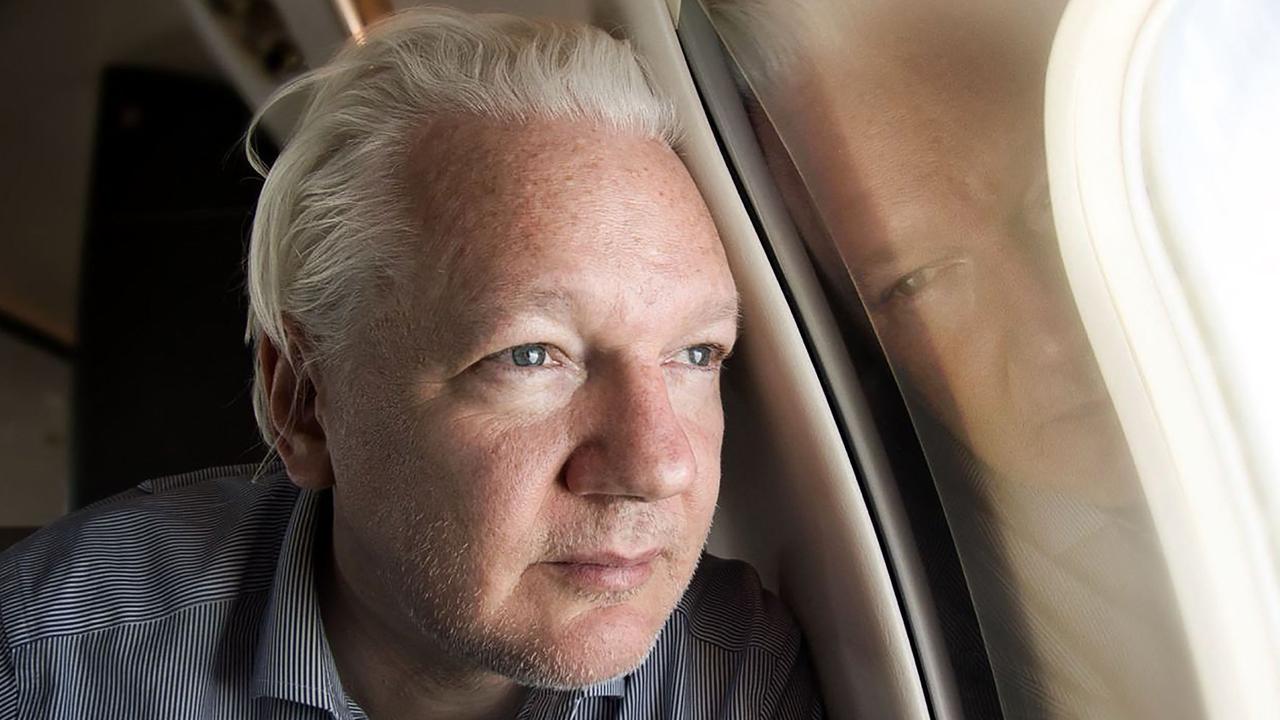
READING LEVEL: RED
Controversial journalist and computer expert Julian Assange has become a free man after more than a decade of imprisonment.
Mr Assange was released on bail after a plea deal was reached that allowed him to return home to Australia and avoid further jail time.
The 52 year-old Australian man from Townsville was sentenced to time already served when fronting court in the US Commonwealth of Saipan, securing his freedom and his return to his home country of Australia.
The founder of WikiLeaks, a platform that revealed confidential government information to the general public, had spent the past five years in prison in the UK and 14 years in confinement*, including a period where he took political asylum* at London’s Ecuadorean embassy.
WHO IS JULIAN ASSANGE?
An Australian editor and publisher, Mr Assange was born in 1971 in Townsville, in northeastern Queensland.
As a young boy he was very interested in computers and had become a known hacker by the 1990s.
He started WikiLeaks in 2006 as a platform to post confidential documents exposing corruption and revealing secret government workings behind warfare and spying.
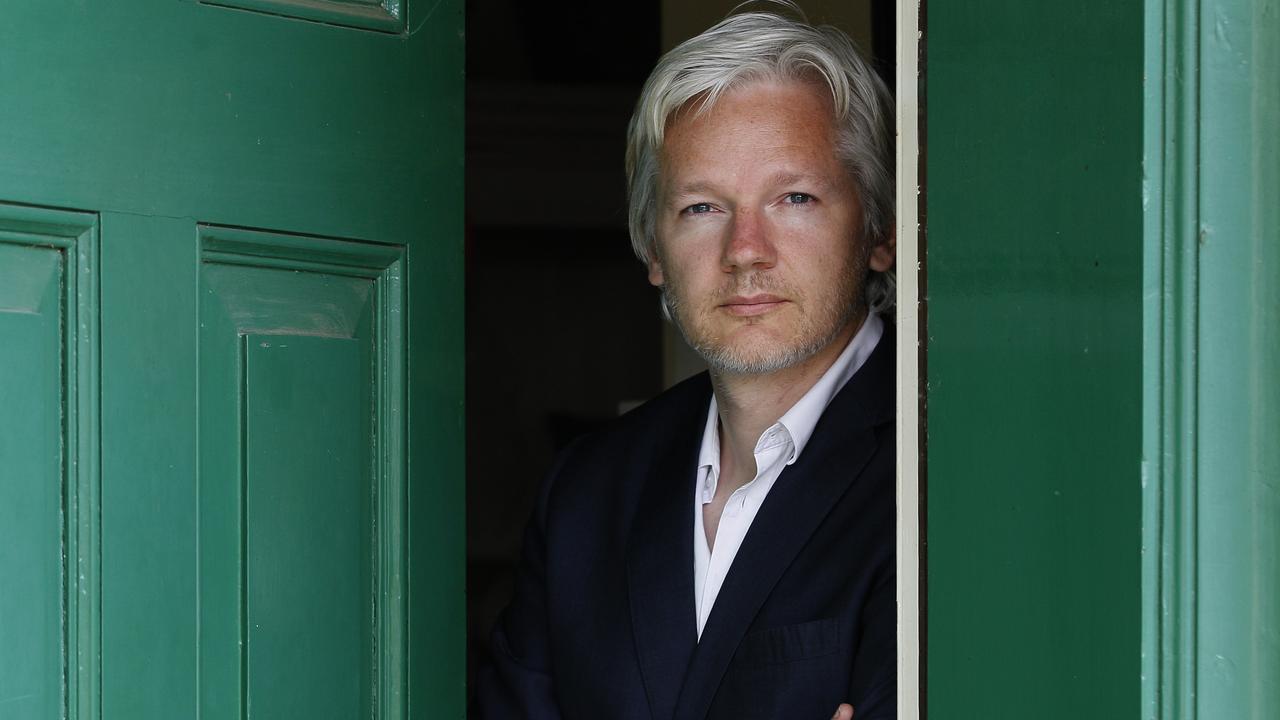
WHY WAS JULIAN ASSANGE IN JAIL?
Mr Assange made headlines in 2010 after WikiLeaks published more than 250,000 classified* US diplomatic cables*, including wartime footage of a US air strike in Baghdad that killed 11 people, including two journalists.
The US Department of Justice said the leaks were “one of the largest compromises of classified information in the history of the United States”, explaining they put the lives of American soldiers at risk by revealing confidential information.
WikiLeaks has been estimated to have released more than 700,000 sensitive* and classified documents to the public all up.
Mr Assange was charged with 18 offences under the Espionage Act* of 1917. The charges against him meant he was at risk of being extradited* to the US where he faced a maximum of 170 years in jail.
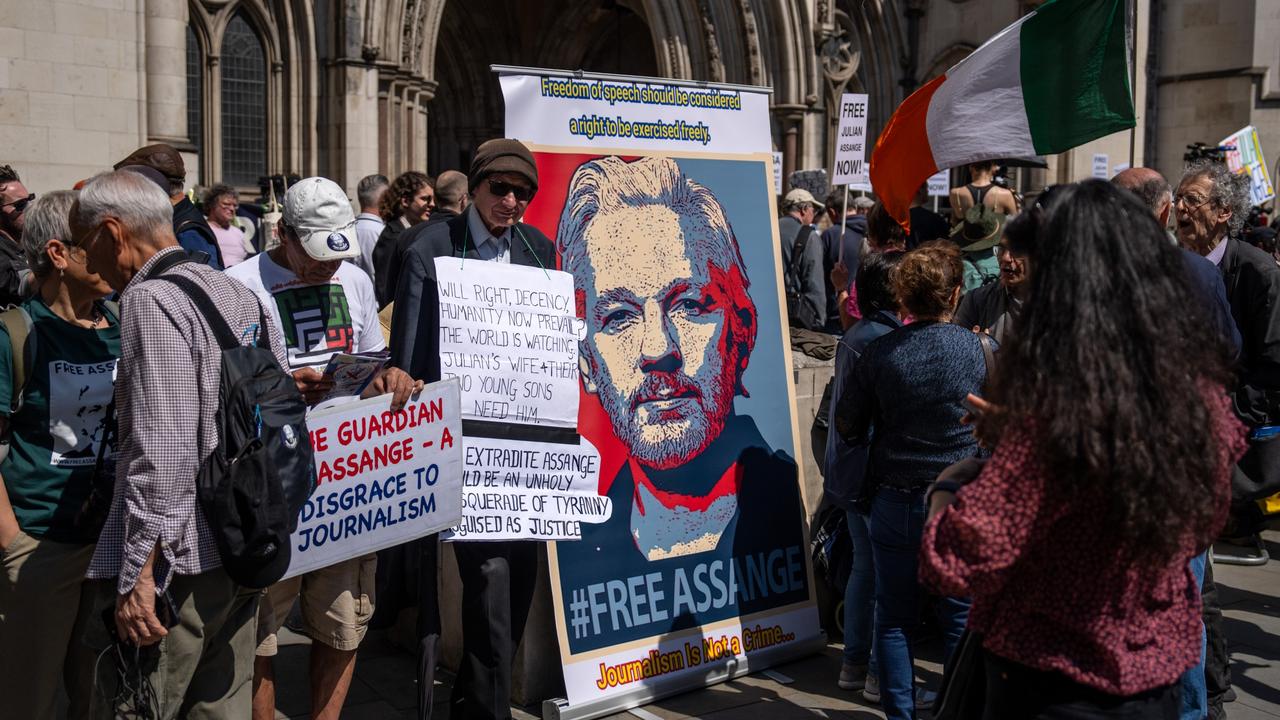
HOW LONG WAS HE IMPRISONED?
After an international arrest warrant was issued in 2010, Mr Assange, then living in the UK, spent a couple of years under house arrest* before taking political refuge at London’s Ecuadorean embassy.
His period of refuge came to an end in 2019 when he was arrested and jailed in Britain.
In 2022 the US was granted permission to extradite Mr Assange to the US to face court but in May 2024 Mr Assange was granted the right to appeal the decision.
WHY WAS HE RELEASED?
Mr Assange’s release comes after a group of Australian politicians from different political parties lobbied for his freedom.
Nationals MP Barnaby Joyce, independent MP Andrew Wilkie, Greens senator David Shoebridge and Prime Minister Anthony Albanese had appealed the US to let Mr Assange return to Australia.
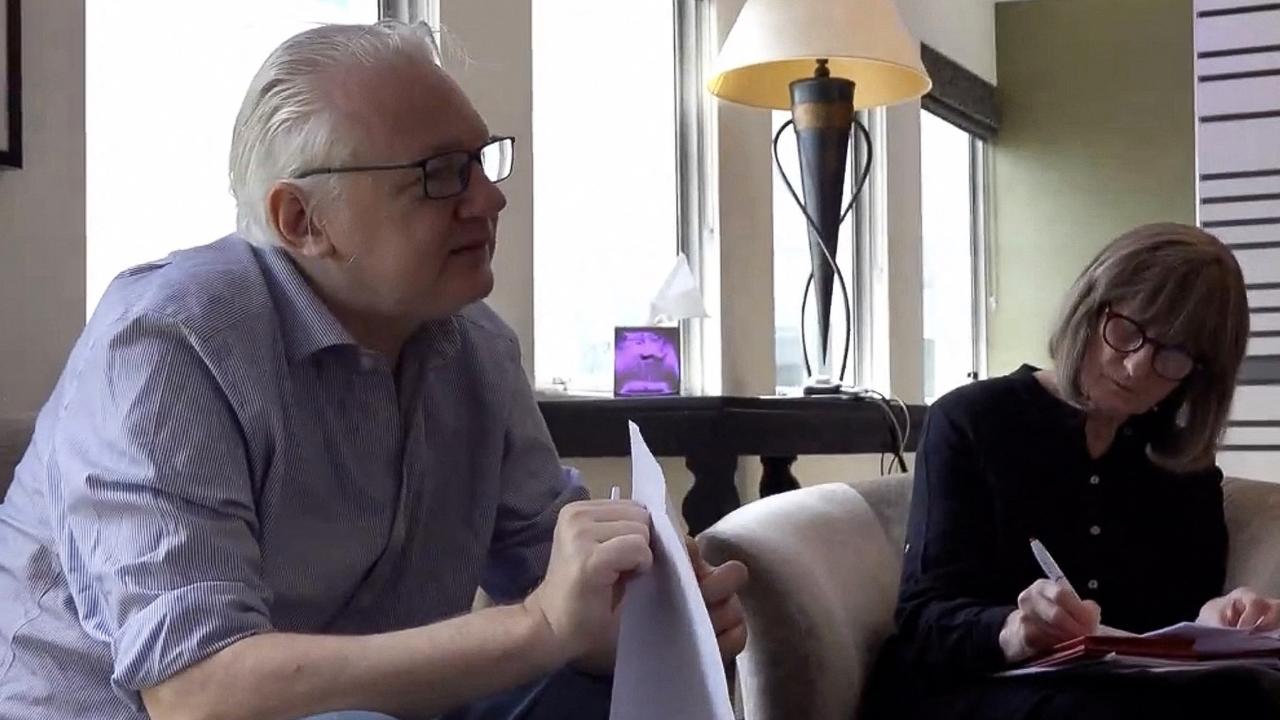
On June 25, a plea deal was reached that would allow Mr Assange to return to Australia if he pleaded guilty to a single count of conspiring* to obtain and disclose information related to national defence.
Mr Assange was released on bail in the UK and flown to Saipan, the capital of the Northern Mariana Islands, which is a US commonwealth in the Pacific, for his trial.
He pleaded guilty to the charge and the judge sentenced him to the five years he’d already spent behind bars in the UK, pronouncing him “a free man.”
Mr Assange smiled at reporters as he left the court and got into his car but didn’t answer questions.
His legal team spoke with reporters after the sentencing.
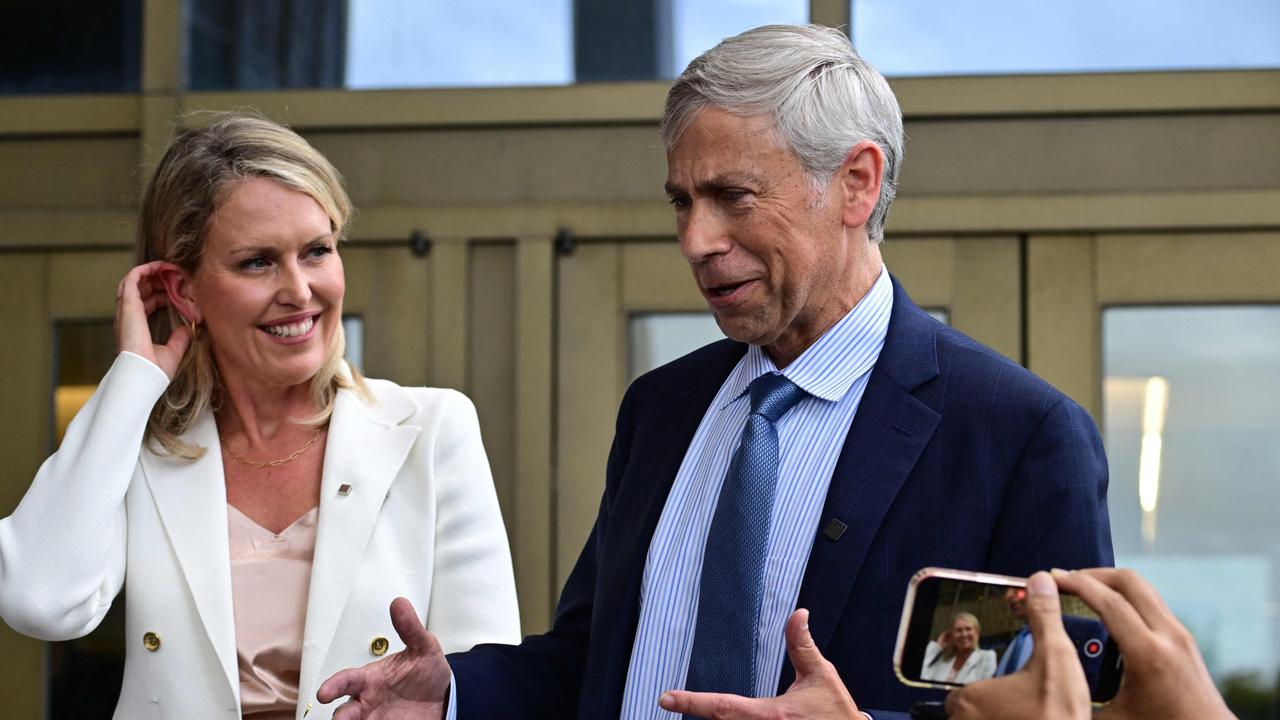
His US lawyer Barry Pollack said Mr Assange’s case had been the first time the Espionage Act had been used by the US “to pursue a publisher, a journalist, like Mr Assange.”
“Mr Assange revealed truthful, newsworthy* information, including revealing that the United States had committed war crimes,” Mr Pollack said.
“He has suffered tremendously in his fight for free speech, for freedom of the press, and to ensure that the American public and the world community gets truthful and important newsworthy information.
“We firmly believe that Mr Assange never should have been charged under the Espionage Act and engaged in [an] exercise that journalists engage in every day – and we are thankful that they do.”
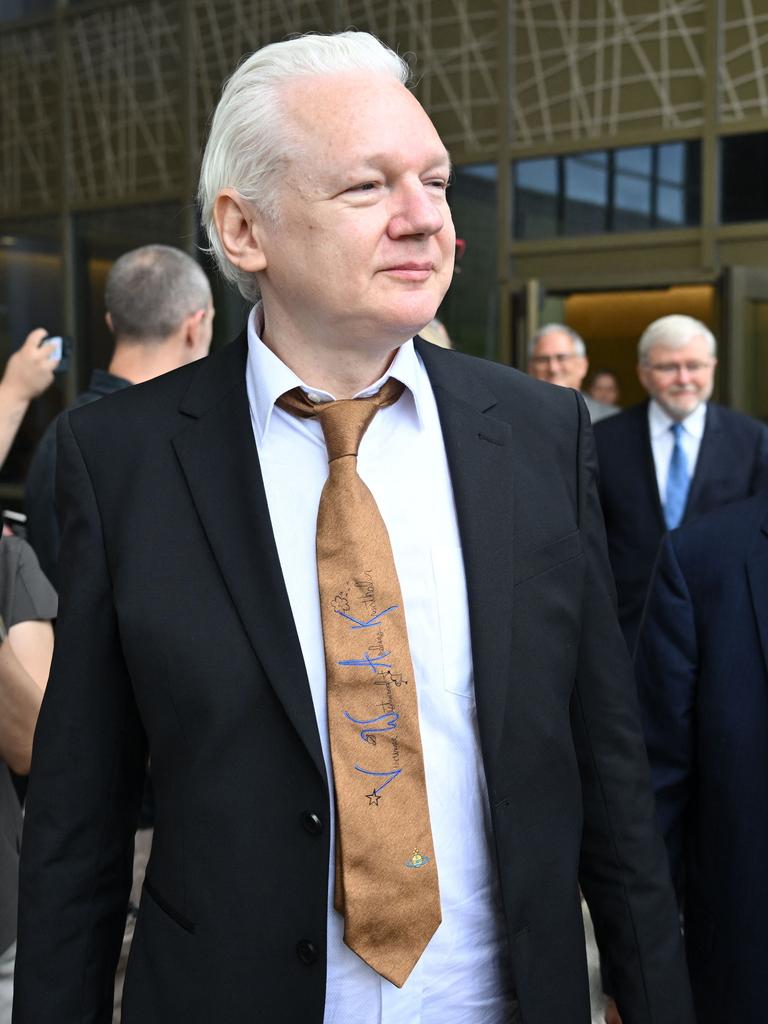
WHY DOES MR ASSANGE’S CASE MATTER?
Mr Assange’s freedom marks the end of a controversial case that raised important questions about the freedom of speech and the importance of national security*.
Supporters of Mr Assange argued that whistleblowers should be protected if they leak information that affects the public and that the WikiLeaks founder was doing the work of an investigative journalist.
Critics argued that by publishing sensitive information, Mr Assange went beyond the role of investigative journalist and risked the lives of US soldiers while putting America’s national security at risk.
As news broke of Mr Assange’s release, WikiLeaks said it was grateful for “all who stood by us, fought for us, and remained utterly committed in the fight for his freedom.”
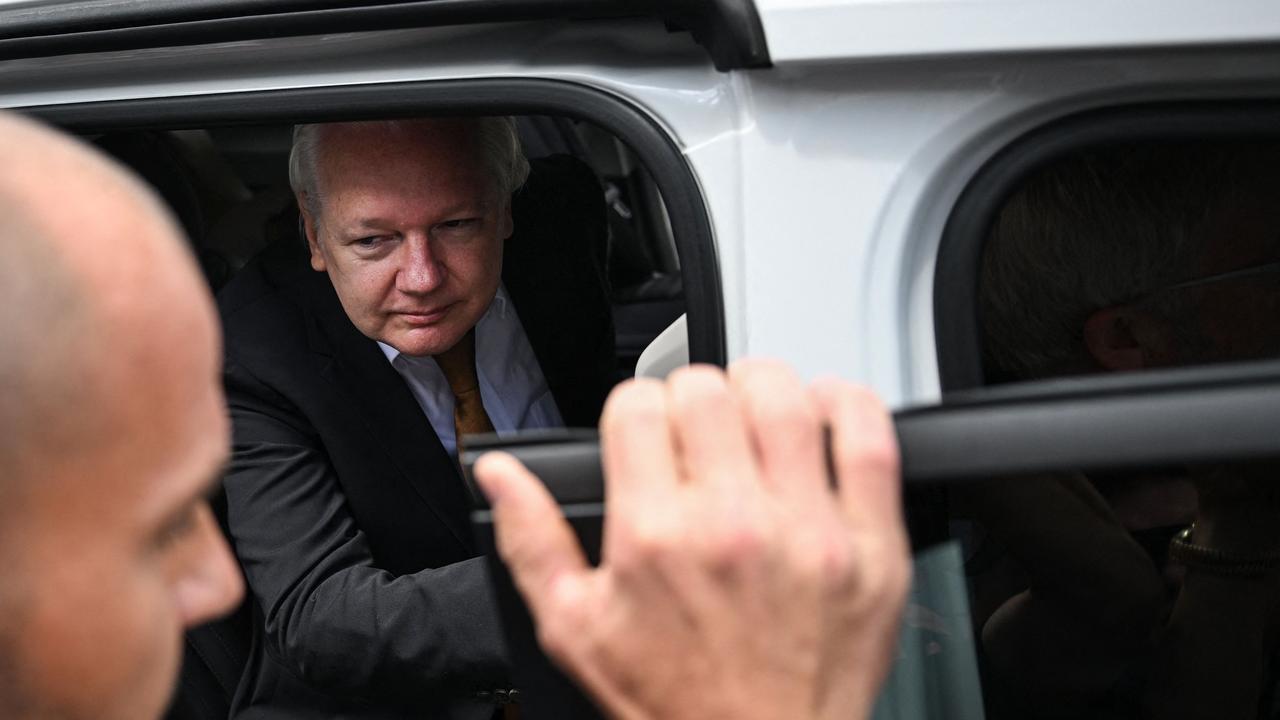
His mother, Christine Assange, said she was grateful his ordeal was finally coming to an end.
“This shows the importance and power of quiet diplomacy*,” Ms Assange said.
Speaking before Mr Assange’s court appearance, Prime Minister Anthony Albanese said the debate had “dragged on for too long.”
“There is nothing to be gained by his continued incarceration* and we want him brought home to Australia,” he said.
Greens leader Adam Bandt also welcomed the news of Assange’s release, saying:
“Journalism is not a crime. Pursuing Assange was anti-democratic, anti-press-freedom, and the charges should have been dropped.”
For years, government leaders from countries including Mexico, Brazil, Britain and Australia, as well as many leading media companies, had urged the charges against Mr Assange be dropped.
POLL
GLOSSARY
- confinement: made to stay indoors or at home, not free to go out
- political asylum: protection granted to someone by another country or state when they have fled their own as a political refugee
- classified: information deemed sensitive by a government that is kept secret from the public
- diplomatic cables: communication documents sent between an embassy and a government
- sensitive: information that should be protected in order to prevent harm to people and businesses
- Espionage Act: a US law created shortly after the US entered WW1 that punishes acts of interference with foreign relations and spying on the US
- extradited: when a person is sent to a country where they committed a crime to be trialled in court under that country’s laws
- house arrest: imprisoned in a home
- conspiring: making secret and illegal plans
- newsworthy: something that is considered important or interesting enough to make it into the news
- national security: the security of a country and its citizens
- quiet diplomacy: when negotiations are done away from public view
- incarceration: being held in prison
EXTRA READING
Leaders push social media reform
Trump’s presidential prison portrait
North Korea drops poo balloons
QUICK QUIZ
1. How many years had Julian Assange been imprisoned, either at home or in a UK jail?
2. What is the name of the company he started that published classified government documents?
3. What are the names of the Australian politicians that had lobbied the US government to allow Mr Assange to come home?
4. Where did Mr Assange attend court as part of his plea deal?
5. What were the arguments for and against Mr Assange’s prosecution?
LISTEN TO THIS STORY
CLASSROOM ACTIVITIES
1. Why have secrets?
Why do Governments keep some things secret? Write a list of as many reasons, and situations, that you can think of.
Time: allow at least 20 minutes to complete this activity
Curriculum Links: English, Civics and Citizenship
2. Extension
“Whistleblowers should always be protected.” Do you agree with this statement? Use information in the story and your research skills to write a convincing answer.
Time: allow at least 45 minutes to complete this activity
Curriculum Links: English, Civics and Citizenship, Personal and Social Capability
VCOP ACTIVITY
Wow word recycle
There are plenty of wow words (ambitious pieces of vocabulary) being used in the article. Some are in the glossary, but there might be extra ones from the article that you think are exceptional as well.
Identify all the words in the article that you think are not common words, and particularly good choices for the writer to have chosen.
Select three words you have highlighted to recycle into your own sentences.
If any of the words you identified are not in the glossary, write up your own glossary for them.
Extension
Find a bland sentence from the article to up-level. Can you add more detail and description? Can you replace any base words with more specific synonyms?
Down-level for a younger audience. Find a sentence in the article that is high level. Now rewrite it for a younger audience so they can understand the words without using the glossary.

